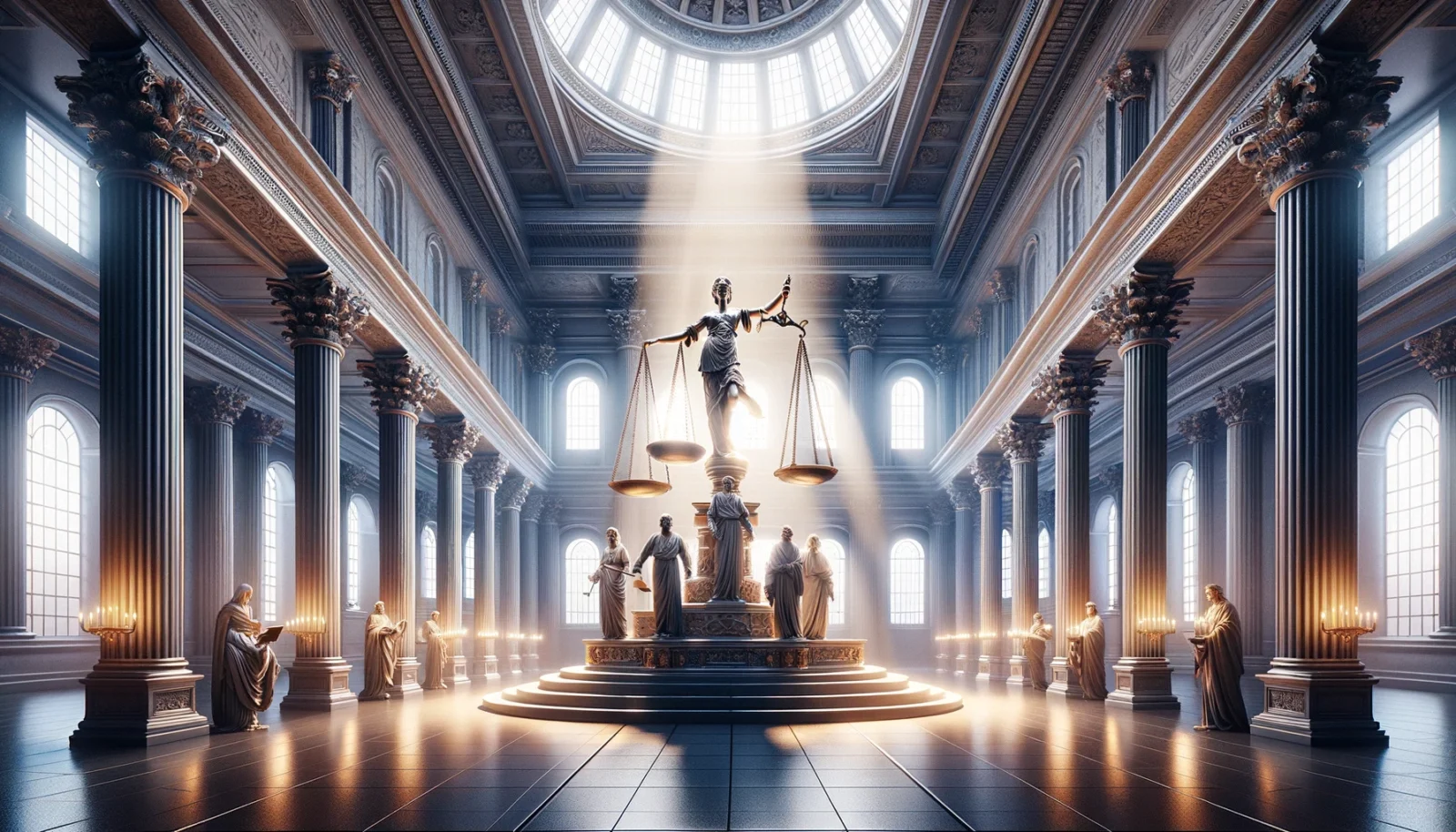Harm Principle
30 Phil, Chapter 29, Mill, Touchstone 74: Harm Principle. You’re free to do what you want, as long as you don’t harm others. It delineates between self-regarding and other-regarding actions as a basis for when societal intervention is justified. Self-regarding actions are those that primarily affect the individual who undertakes them. Other-regarding actions have broader […]




















